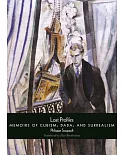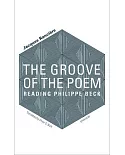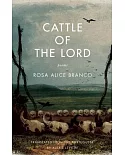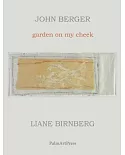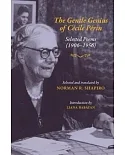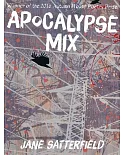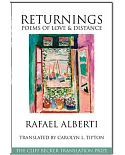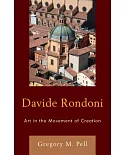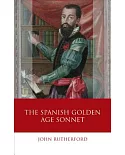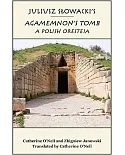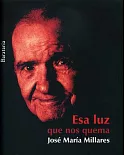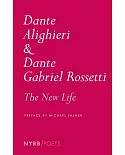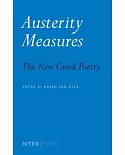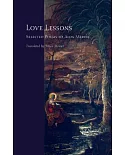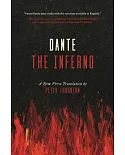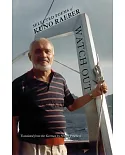First published in 1968, The World Saved By Kids was written in the aftermath of deep personal change and in the context of what Elsa Morante called the ‘great youth movement exploding
against the funereal machinations of the organized contemporary world’.
Greeted by Pier Paolo Pasolini as ‘a political manifesto written with the grace of a fairy tale’ and by Antonio Porta as one of the most important books of the decade, The World Saved By Kids
has Morante display true mastery of tone, rhythm and imagery as she works elegy, parody, storytelling, song and several more forms into an act of language magic through which Gramsci and
Rimbaud, Christ and Antigone, Mozart and Simone Weil and a host of other figures join the sassy, vulnerable neighbourhood kids in a renewal of the word’s timeless, revolutionary power to
explore and celebrate life’s insoluble paradox.
Morante gained international recognition and critical acclaim for her novels Menzogna e sortilegio (to date untranslated except for a heavily abridged version), History, Arturo’s Island and
Aracoeli—but always considered the ‘unclassifiable’ World Saved By Kids her best book and the one that most closely spoke her spirit.


